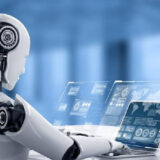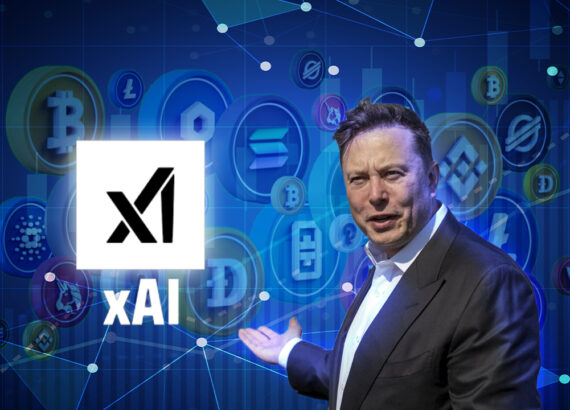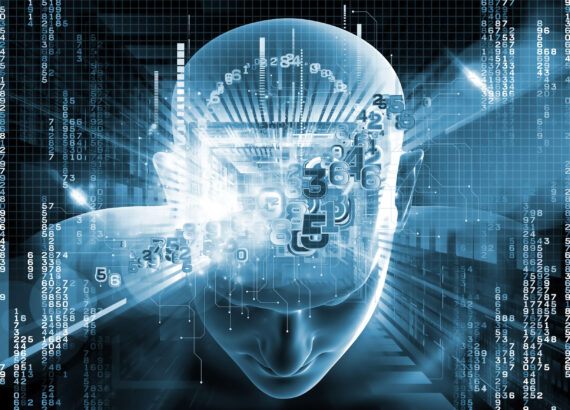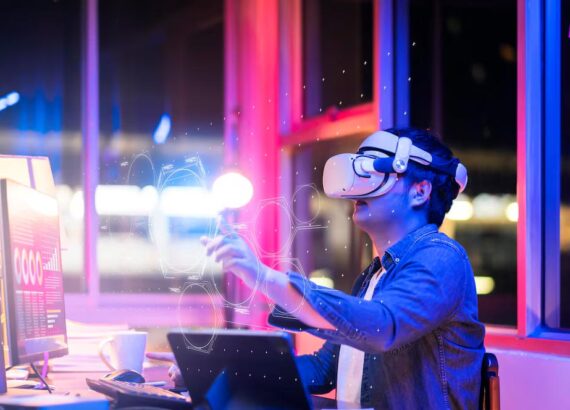Humans, The conflict between technology and people is never-ending in today’s world. As we know, we are creating technology. On the one hand, we use technology extensively for everyday chores. We use social media, YouTube, and many more apps people use nowadays for fundamental daily duties, work, pleasure, and communication, and we use features to work efficiently and fast.
Smartphones and laptops, like Redmi phones, are super popular nowadays. For notebooks, go with the 17 required for heavy work in your office.
And other technological devices—like tablets, headphones, earphones, and so on—have become essential parts of everyday life due to their capacity to expedite processes and boost productivity. However, because of our increasing reliance on technology, people feel less connected to one another.
The prevalence of social media has decreased in-person interactions, and spending so much time on social media affects the calibre of interpersonal bonds. In an increasingly digital environment, worries about security and privacy also exist. We also understand how crucial it is to keep our privacy private.
Technology may enhance our lives in many ways, but to avoid becoming overly dependent, we must balance utilizing its benefits and maintaining personal connections. We are reliant on machinery to provide our daily requirements. All things matter to the system we use in daily life. Ultimately, how humanity and technology coexist will determine how our civilization develops in the future.
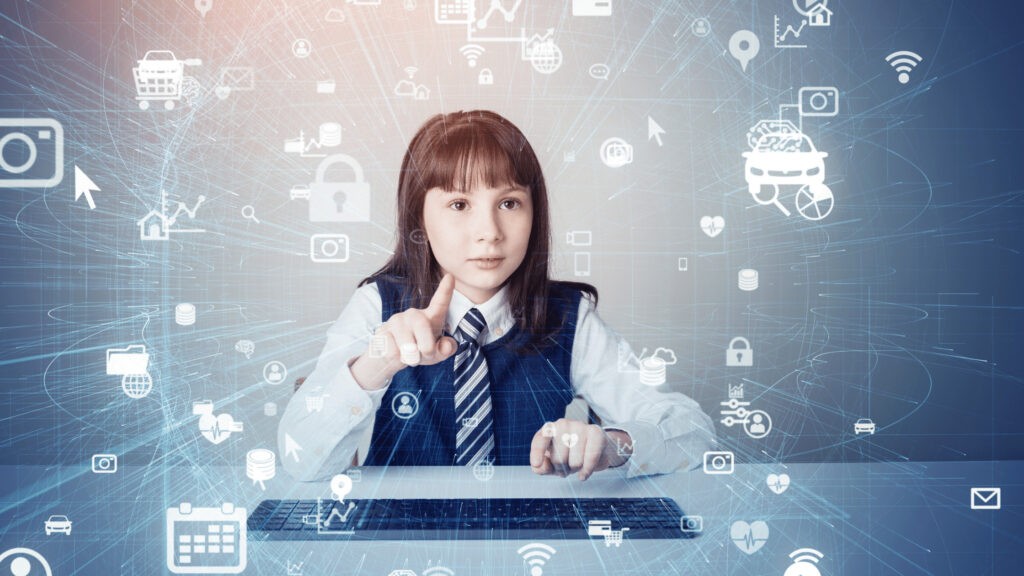
Advantages or disadvantages
When comparing people to technology, there are benefits and drawbacks to consider. On the one hand, as we know, humans are more capable because technology knows what we tell them. Without humans, technology would never happen, and that’s why humans are more capable of doing this.
Technology has unquestionably made our lives much more manageable. We can quickly access information, like alarms and timers, whatever the app is about, automate time-consuming chores, and use WhatsApp to communicate with individuals anywhere in the world at the touch of a button.
However, there are downsides to this reliance on technology. Many are concerned about how automation affects social skills and results in job displacement.
Technology can sometimes lead to dependency and a disconnection from the real world. It’s critical to strike a balance between appreciating the advantages of technology and the value of interpersonal communication and skill development.
Ultimately, navigating the digital world requires knowing when and how to use technology efficiently. There is an ever-evolving relationship between humans and technology today.
Limitations of technology
The battle between people and technology is rife with ongoing roadblocks and limitations. Undoubtedly, technology has significantly enhanced our lives, but we know how bad there are also negative aspects.
One of the primary disadvantages of technology is its dependence on human input and control. People get into the habit of addiction. Despite advancements in automation that use humans efficiently, artificial intelligence, or AI tools, make things easy for us. Many tasks still require human intervention to ensure accuracy and efficiency.
From above, if technology is not managed correctly, it is not used correctly. That is why we must be cautious with technology and use it correctly. It may malfunction and make mistakes, resulting in latency or disastrous consequences. The other disadvantage is the constant need for upgrades and maintenance, which may be costly, and your work needs to be done, and you are time-consuming.
Moreover, as technology advances and becomes more unified into our daily lives, that’s also a good point, and security also becomes a concern about security, privacy, and ethical consequences. People have to strike a balance between utilizing these limitations and the possibilities of technology while being aware of those limitations to realize its promise for societal advancement fully.
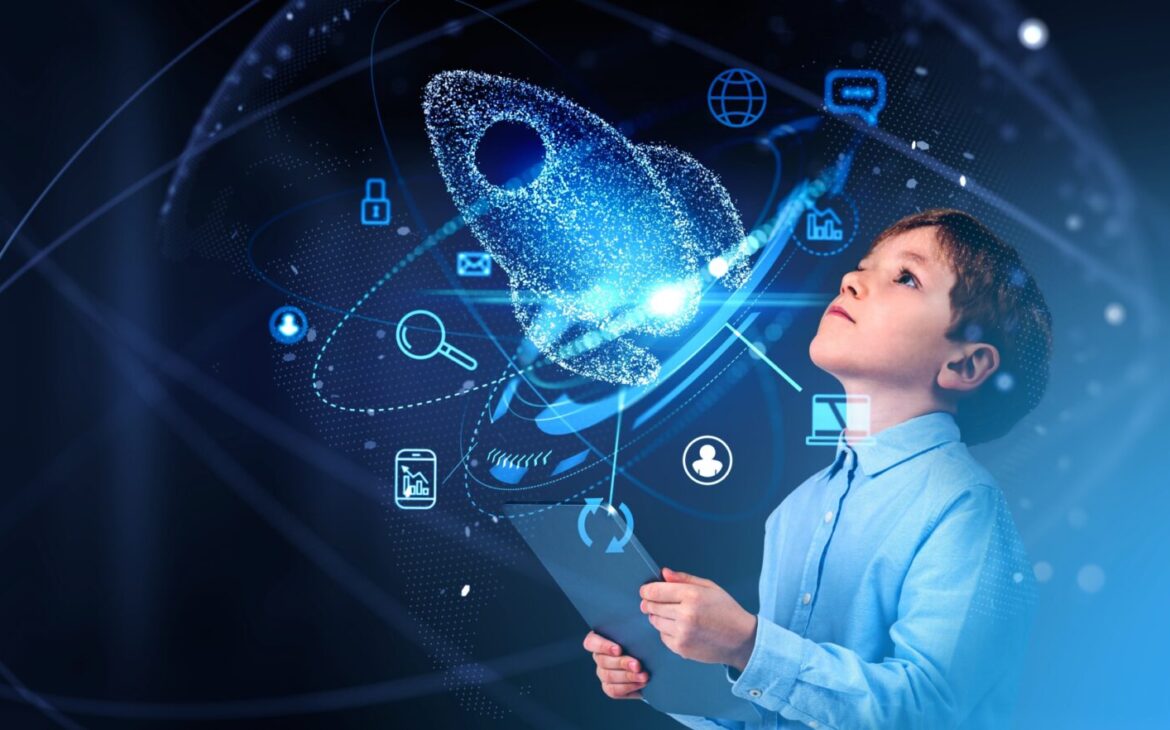
Human capabilities
Technology against humans Human capacities have long been a topic of discussion, with both sides possessing merits and faults. Humans are capable of critical thought, inventive problem-solving, and rapid situational adaptation. Our intuition, empathy, and emotional intelligence are essential qualities that technology cannot match.
On the other side, technology provides benefits as well. It can handle vast volumes of data rapidly, automate repetitive jobs effectively, and precisely complete complex computations. While technical breakthroughs that we see and experience sometimes continue to push the frontiers of what is possible, human creativity and inventiveness remain unparalleled and are remarkable.
In today’s world, when technology is a more significant part of our lives, and we can’t live without that, it also becomes it’s critical to strike a balance between using machines’ power and continuing to rely on human judgment and intuition to ensure progress and success in all aspects of life. In the end, human-technology cooperation is what will steer us in the direction of a better future.
Ethical considerations
As technology develops, moral dilemmas surface. For instance, concerns regarding the accountability, transparency, and ethical implications of artificial intelligence, including prejudice and fairness, are also ethical concerns.
Technology’s effects on privacy, monitoring, and human autonomy are also ethical concerns. Balancing technical advancement and ethical concerns is a constant struggle.
Coexistence and collaboration
Some contend that technology and people don’t have to be enemies and can work together to achieve shared goals. Human wants, values, and well-being are considered when developing new technology using human-centred design methodologies.
Using technology to enhance human skills can build a future where people and technology collaborate to address global challenges.

Conclusion
In conclusion, there is no apparent winner in the continuous, complicated, and varied fight between humans and technology. Furthermore, humans have specific abilities unmatched by robots and will never be such as creativity, emotional intelligence, and critical thinking. Humans can achieve and manage balance between utilizing technology’s advantages and putting human because as we saw, a lot of people are not able to balance their life or technology welfare first, which is essential as we negotiate this dynamic relationship between humans and technology.
This might entail making educational investments to provide people with the know-how they need to prosper in a tech-driven environment, putting laws in place to protect people from inappropriate technology usage, and encouraging teamwork. Between people and AI to get optimal output.
Finding amicable methods for people and technology to coexist while fostering innovation and upholding humanity’s core values will ultimately determine the future direction.
FAQS
Q 1: What distinctions exist between technology and people?
Ans: Human capabilities: What sets humans apart from technology are their special attributes. Technology has not yet been able to fully mimic some of the innate human qualities, you know such as creativity, empathy, critical or thinking, and emotional intelligence.
Q 2: What impact does technology have on human life?
Ans: Eye strain, trouble focusing, and melancholy have all been related to excessive use of social media and mobile devices. There is evidence indicating both the detrimental consequences of technology and its misuse, even though other forms of technology may have had a favourable impact on the globe.
Get up to 70% Discount on Amazon (Buy Now)
Buy Web Hosting at an affordable price: Buy Now
If you want to build your website at an affordable price, contact www.nextr.in
Read this: How To Become A Web Developer?


